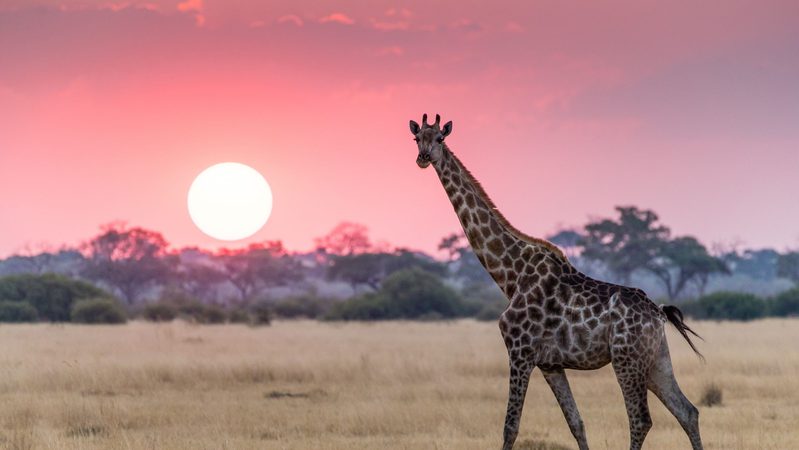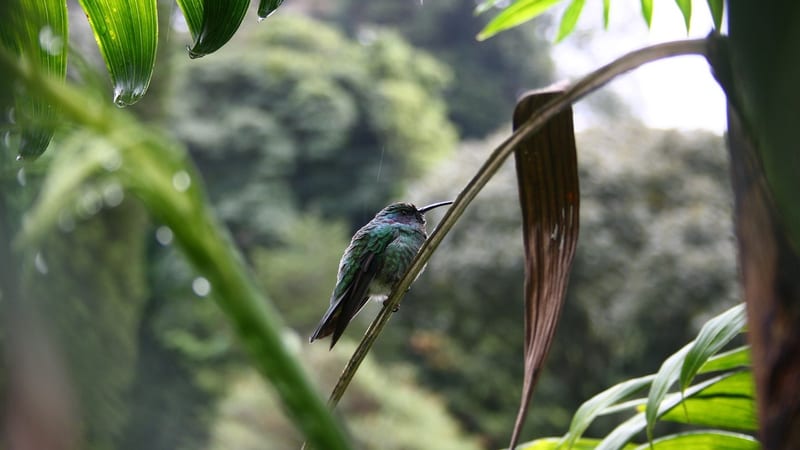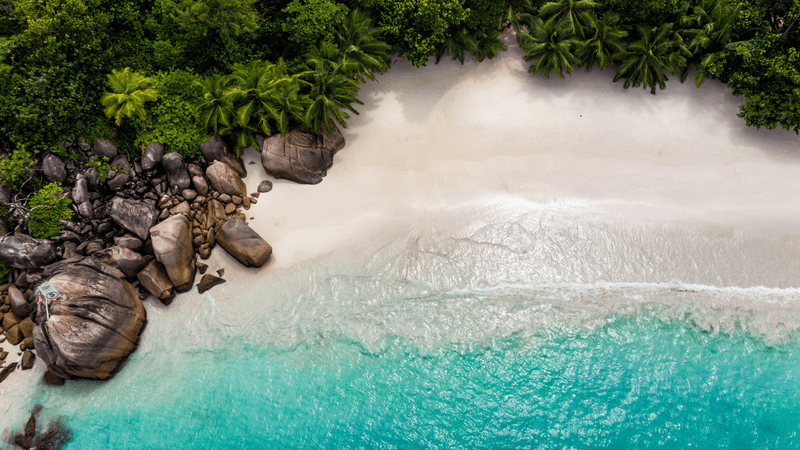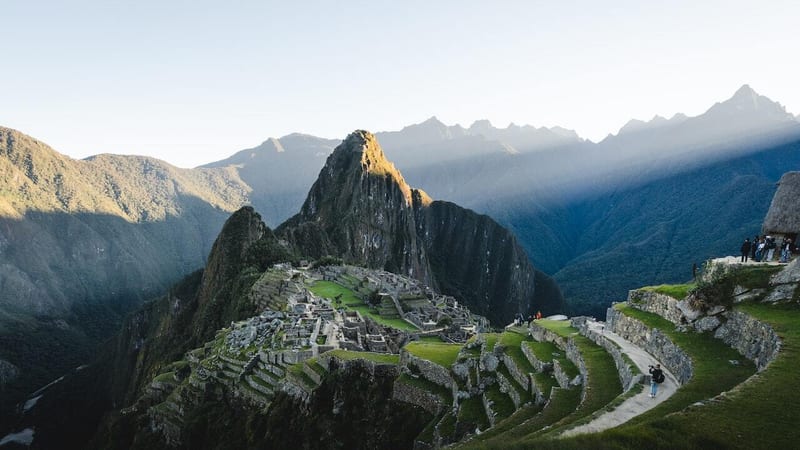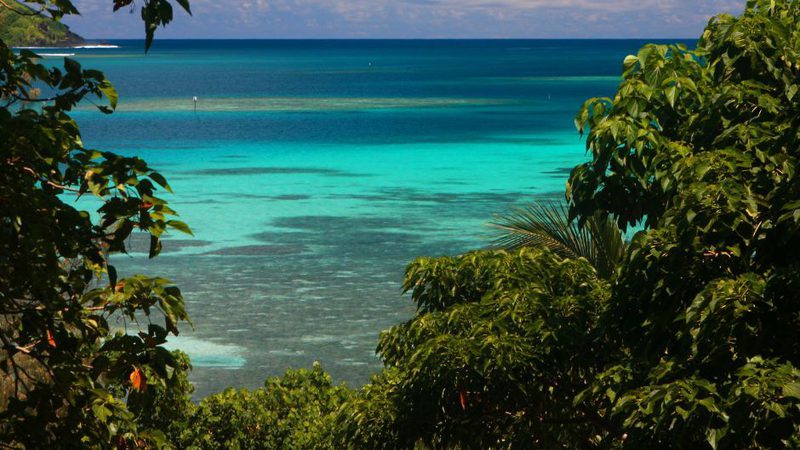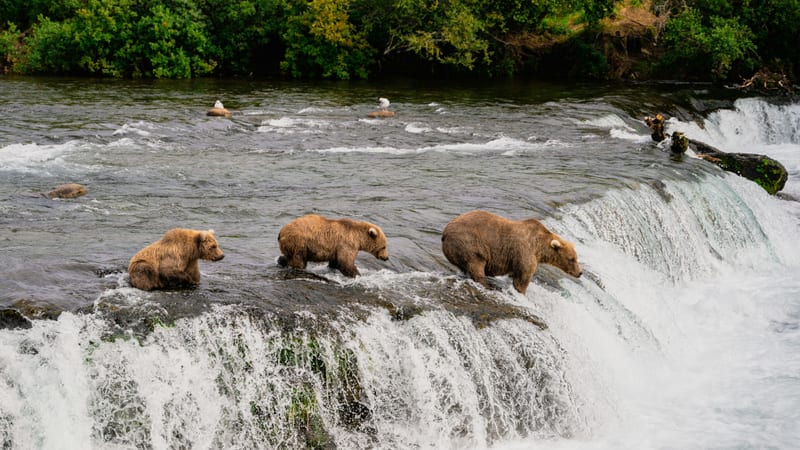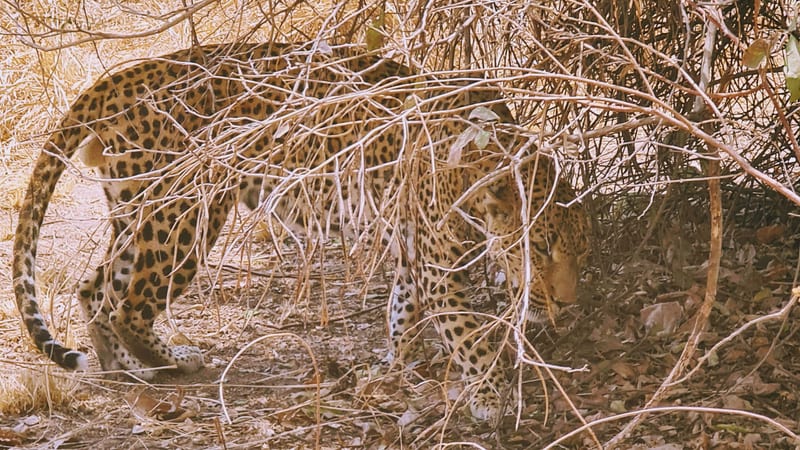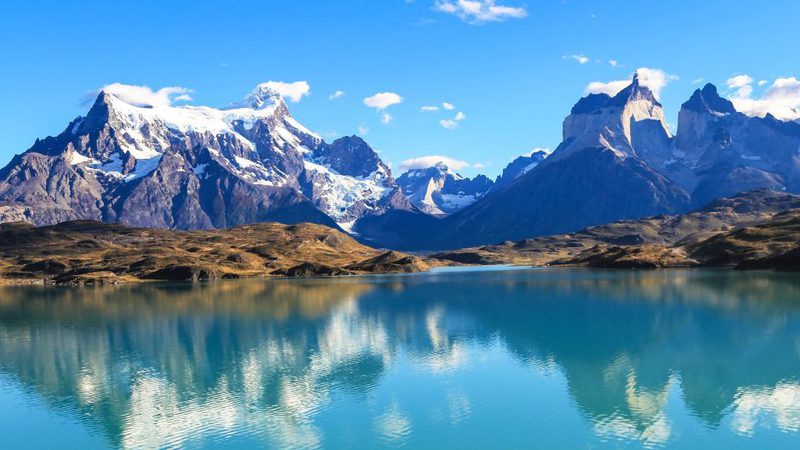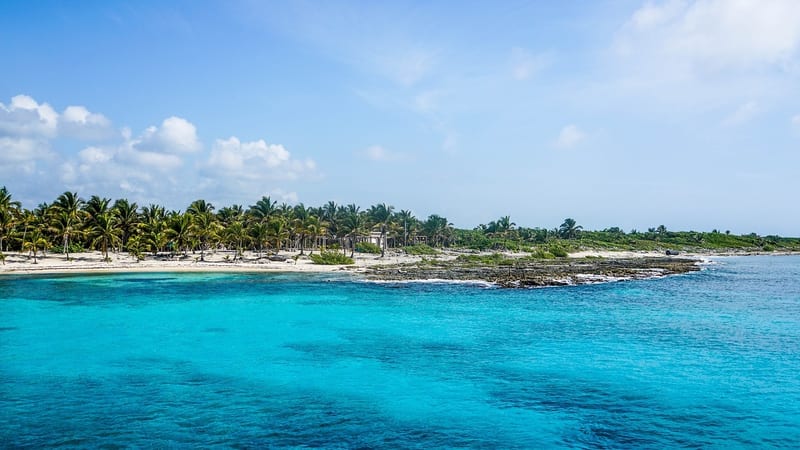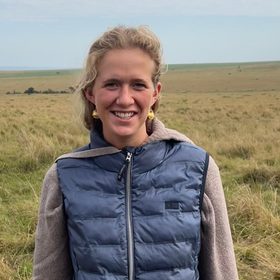The location of Sayari Camp ensures that it is the ideal destination for guests to completely immerse themselves in African nature.
Location: Sayari Camp is located in the far north of the Serengeti National Park, in a remote region near the Mara River. This area in northern Tanzania is best known for its dramatic river crossings during the Great Migration, but it's also a superb year-round safari destination thanks to its low visitor numbers and excellent resident wildlife. The landscape here is open and beautiful - gently rolling plains punctuated by rocky outcrops and scattered acacias, with the river winding through it all. It feels wild and vast, yet you're within striking distance of one of nature's greatest spectacles. For clients looking to escape the busier southern and central Serengeti, this is one of the best-located camps in the region.
Rooms: There are fifteen spacious suites at Sayari, each positioned for privacy and uninterrupted views of the plains. The interiors are stylish and contemporary, with king-size beds, hardwood floors, locally made furnishings and elegant en-suite bathrooms complete with free-standing tubs and both indoor and outdoor showers. Private verandahs offer a front-row seat to the bush, and there are thoughtful touches throughout - from solar-powered charging stations to handmade throws and curated minibars. For families or groups, there's a two-bedroom suite with a shared lounge and deck, perfect for longer stays. It's the kind of place that balances luxury with authenticity, without feeling overdone.
Amenities: Sayari offers an impressive high level of comfort for such a remote location. The main lodge has a smart, open-plan feel with an indoor-outdoor dining area, bar and lounge, plus a library and small boutique. Outside, there's an inviting infinity pool overlooking the plains - a great spot to cool off between fame drives or simply relax with a book and a drink. The service is polished yet friendly, with a strong emphasis on flexibility and personalisation. Meals are fresh, creative and beautifully presented, often served al fresco, and there's a well-stocked wine cellar with a focus on South African labels. It's stylish, but always grounded in its setting.
Activities: Game drives are the main focus here, with highly experienced guides offering both morning and afternoon drives across this rich and relatively underexplored corner of the Serengeti. During the migration season (usually July to October), you've got a front-row seat to the Mara River crossings - dramatic, unpredictable, and unforgettable. Outside of migration season, the wildlife remains excellent, with lions, elephants, cheetahs, leopards, and abundant plains game all regularly seen. Walking safaris are also available, led by expert walking guides and accompanied by an armed ranger - a brilliant way to appreciate the smaller details of the bush. Cultural visits to nearby communities can also be arranged for those looking to connect more deeply with the region.
Sustainability: Sayari is operated by Asilia Africa, a company with a strong commitment to responsible travel. The camp is 100% solar-powered, with a state-of-the-art solar and battery system that runs everything from the kitchen to the pool. Waste is carefully managed and single-use plastics have been eliminated wherever possible. Sayari was also the first camp in the Serengeti to install a complete, on-site glass recycling system, turning old bottles into sand for local construction. Beyond the environmental side, the camp supports local employment, invests in guide training programmes, and contributes to conservation initiatives through the Asilia Giving Programme. It's a camp that genuinely walks the talk when it comes to sustainability.
Best places to stay in Serengeti National Park
Serengeti National Park Trip Inspiration
When to visit Tanzania
Find out the best time to visit Tanzania with our month by month guide.
- Best
- Good
- Mixed
- Jan
- Feb
- Mar
- Apr
- May
- Jun
- Jul
- Aug
- Sep
- Oct
- Nov
- Dec
January
January is mixed when it comes to weather, temperatures rise whilst the chance of rain and humidity increases. It is still a good time to go, as the rates are lower yet the game viewing is still excellent.
- During this time migratory herds are in the Serengeti for calving season, meaning the Ndutu plains are busy.
February
The weather remains hot with a chance of rain in February.
- Meanwhile in the Ndutu Plains the migration is still occurring.
March
March is the calm before the storm, before heavy rains and humidity builds. Visitors can take great advantage of lower rates during the low season.
- Migrating herds start to leave Ndutu, heading West towards Grumeti.
April
April experiences continued periods of heavy rain, we would advise against travel due to the conditions.
May
During may there is periods of heavy rain, we would advise against travel due to the conditions.
June
June heralds the wet season, bringing lush green vegetation which can make spotting game more difficult. It is a particularly great time for birders as parks become populated by migratory birds especially in the South.
- Migration is still in the Grumeti area, heading north.
July
July is the start of peak season, temperatures reach up to 30 degrees and the surrounding land becomes drier and spotting game is becoming easier.
- The migration is in the Northern Serengeti moving towards Kenya.
August
August is peak season, with bush land drying out game spotting becomes much easier. If you want to experience Tanzania game at its best, August is the time to travel.
- The migration still remains in the north.
September
Peak season continues in September, the Northern circuit can be very busy, if you want to avoid crowds it's best to visit the southern parks.
- The end of the migration is still in the north with herds on both side of the Kenyan and Tanzanian borders.
October
Peak season continues into October with good game viewing in the Serengeti and southern parks.
- The migration has now crossed over into Kenya.
November
November is the start of the rainy season, the rains tend to be overnight so it is still a popular time to travel. During this month you can take advantage of low season rates.
- Migration crossing over into the Serengeti can be seen a the Tanzania and Kenya border.
December
Rains continue in December, whilst the temperature and humidity start to build. Venturing out on safari is generally good, with large game still easily spotted.
- Migrating herds in the north travel south back to Ndutu.
Speak to a Tanzania expert today
and start planning your tailor-made holiday

Alistair


